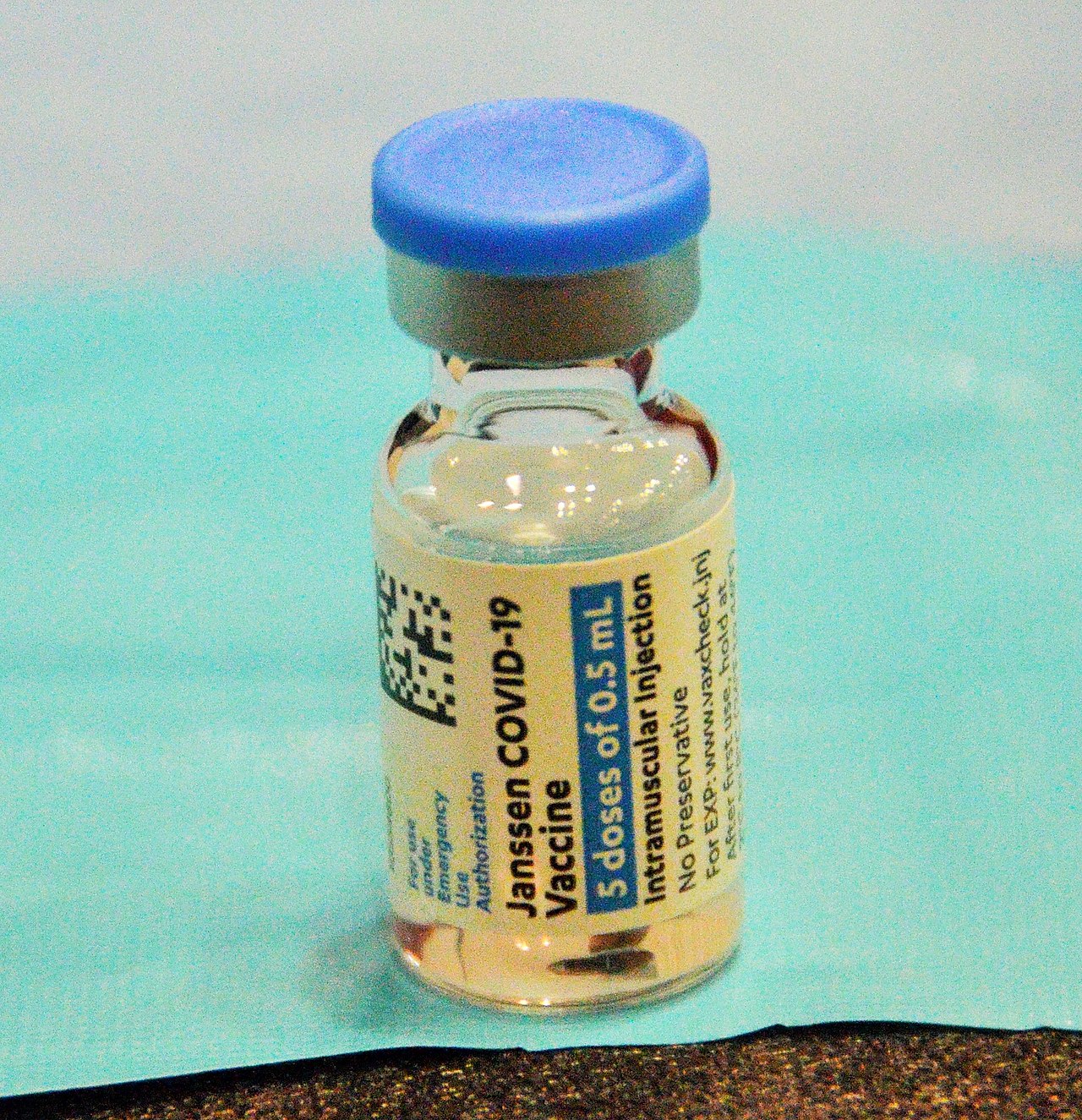In mid-April, the Johnson and Johnson (Janssen) coronavirus vaccine’s rollout was temporarily paused for ten days, from April thirteenth to the twenty-third, as a reaction to a rare but lethal side effect of the vaccine. There were six women between the ages of 18 and 48 who experienced serious blood clots and low levels of blood platelets one to two weeks after their vaccination. One woman in Virginia passed away due to the blood clots, and another woman in Nebraska was hospitalized for it. By the end of April, 17 people had already suffered from fatal blood clotting side effects. So what does this mean for us?
In truth, adverse symptoms after the use of the Johnson and Johnson vaccine are quite rare, and may not even be connected to the vaccine itself. At the height of the controversy, over 7 million people had already taken the J&J vaccine, so the chances of having dangerous clots are about one in a million. According to the Washington Post, some have speculated that the adverse symptoms could have been caused by oral birth control, but Peter Marks, director of the Center for Biologics Evaluation and Research (CBER) at the Food and Drug Administration, has stated that there is no clear connection. In fact, one is more likely to clot from using oral contraceptives than from taking the Johnson and Johnson vaccine, according to Dr. Angela Rasmussen, a virologist from the Center for Global Health Science and Security at Georgetown University (New York Times).
Some public health officials believe that the pause on the vaccine could be more fatal than the side effects it has. Dr. Paul Simon, the chief science officer for the Los Angeles County Department of Public Health, is worried that suspicions of the Johnson and Johnson vaccine could “spill over into public concerns about other vaccines” (New York Times). Many people are worried that the pause of the vaccine could encourage anti-vaccine activists and conspiracy theorists to deny the vaccine, risking more people’s lives being lost to COVID-19.
While side effects are extremely rare, it is important to stay informed about signs of possible side effects for those who have taken the Johnson and Johnson vaccine. Signs of dangerous blood clotting can be extreme headaches, abdominal pain, leg pain, shortness of breath, and specks or spots on hands and shins one to two weeks after vaccination. These symptoms combined would be a feasible reason to take a trip to the emergency room. Although one may experience a mild headache after vaccination, those caused by blood clots would be exponentially more painful. If clots are identified, the uniqueness of the condition makes common anticoagulants like heparin dangerous, so one’s medical provider should provide alternative treatments.
Ultimately, the decision to take the Johnson and Johnson vaccine is completely up to the patient. Many are willing to risk the possible symptoms because it seldom happens, but those who are not willing to do so should definitely get vaccinated by a different provider.
Sources:
https://www.cdc.gov/media/releases/2021/s0413-JJ-vaccine.html
https://www.nytimes.com/2021/04/13/us/politics/johnson-vaccine-risk.html
https://www.washingtonpost.com/health/2021/04/13/what-to-know-jj-vaccine-blood-clots-cvst/
https://www.nytimes.com/2021/04/13/us/politics/johnson-johnson-vaccine-blood-clots-fda-cdc.html











